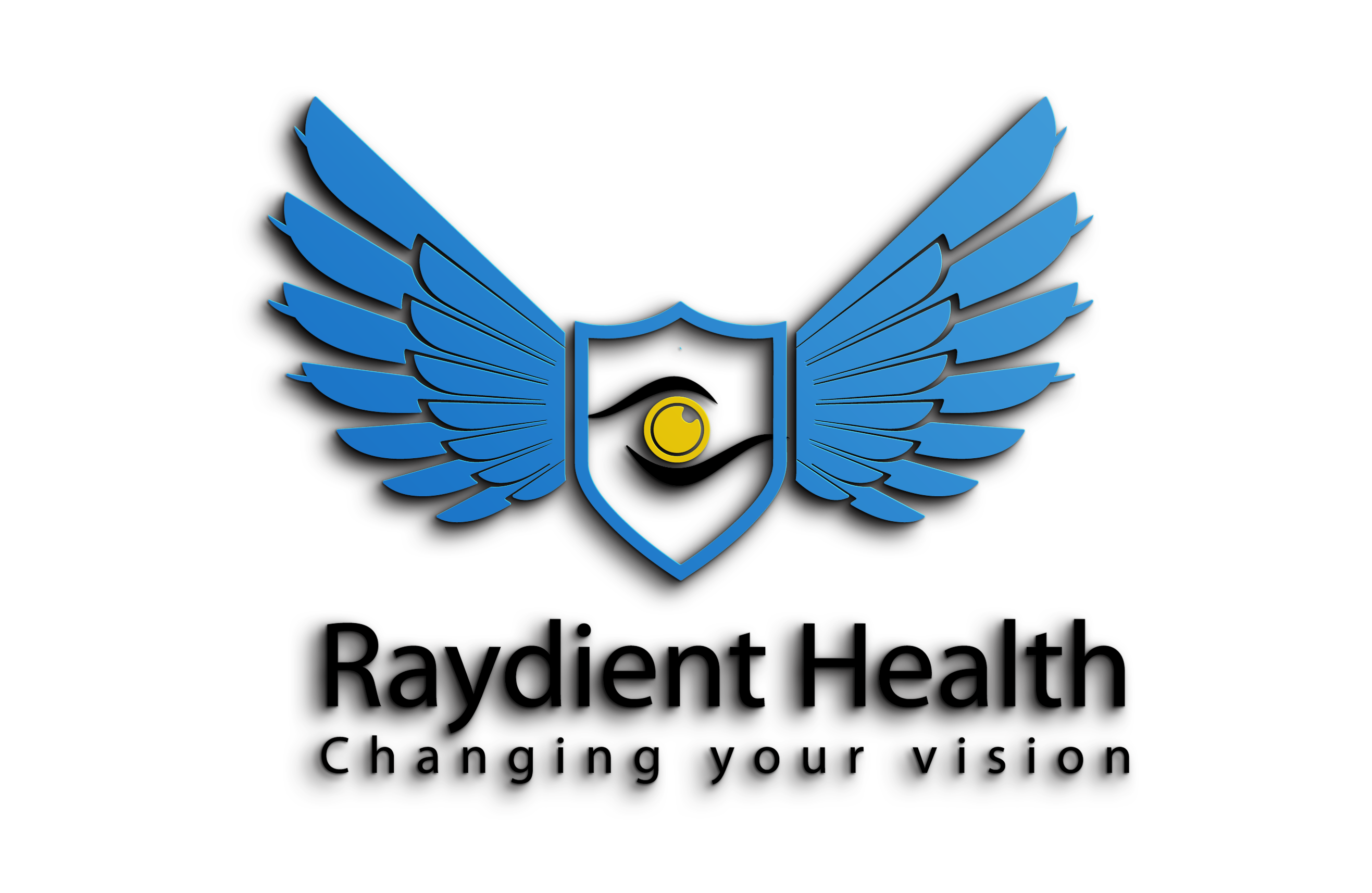Raydient Health
A Team of Professionals Delivering Top Clinical Nursing Talent and Rehab Professionals
Specializing in placing Directors of Nursing (DONs), Social Workers (MSWs), Registered Nurses (RNs), MDS Coordinators (MDS), Licensed Practical Nurses (LPNs), Certified Nursing Assistants (CNAs) and Home Health Aides (HHAs). Physical Therapists (DPTs), Occupational Therapists (OTRs), and Speech Language Pathologists (SLPs).

Trusted Advisors
Raydient Health
Raydient Health is a boutique recruiting firm that focuses exclusively on placing top clinical healthcare talent with a variety of clients under contract across the U.S. We pride ourselves on delivering a level of personalized concierge service to our clients that is unmatched in the industry. Our relationships, experience, and expertise ensure we connect you with the right clinical talent to take your practice or company into the future with unsurpassed return on investment.
We recruit and place qualified, licensed healthcare professionals that uphold the highest standards of care and professionalism.
Nursing Talent:
Directors of Nursing (DONs)
Registered Nurses (RNs)
Social Workers (MSWs)
MDS Coordinators (MDS)
Licensed Practical Nurses (LPNs)
Certified Nursing Assistants (CNAs)
Rehab Professionals:
Physical Therapists (DPTs)
Occupational Therapists (OTRs)
Speech Language Pathologists (SLPs)
Mental Health Professionals
We specialize in placing our clinical and administrative healthcare talent in Rehabilitation and Skilled Nursing Facilities, Acute Care, and Home Health nationwide.
Outlook
By 2030, the number of Americans ages sixty-five years and older is projected to exceed 70 million, representing 20 percent of the population. In the first half of the twenty-first century, the number of older adults needing long-term care services is anticipated to more than double, from approximately 8 million in 2000 to 19 million by 2050. Currently, one-quarter of older adults who need long-term care services live in institutions such as nursing homes and other residential facilities; three-quarters of older adults requiring such services receive them at home and in other community-based settings.
Our goal is to continue to partner with our clients, prospects and “Think-Tanks,” to help discover, collaborate and innovate hiring strategies and more importantly, retaining talent in order to deliver the highest level of care and quality of life to patients.
Raydient Health Clinical Settings Focus Areas
Skilled Nursing & Assisted Living Facilities (SNFs/ALFs)
More than 15,500 skilled nursing facilities (SNFs) provide care to more than 1.35 million people in the United States who need assistance with their Activities of Daily Living (ADLs), including going to the toilet, getting out of bed, getting dressed, feeding themselves, and showering, or who have cognitive difficulties, such as from dementia. SNFs also provide post-acute skilled nursing care and rehabilitative services. Medicaid is the primary payer for long-term nursing needs of elders, while Medicare covers SNF rehabilitative stays of no more than 100 days. In 2015, Medicaid paid for care for 61.6% of nursing facility residents, while Medicare covered 14.2% of residents and 24.2% of residents primarily paid for their care themselves or through private insurance.
Acute Care
According to the American Hospital Association (AHA), there are a total of 6,146 hospitals in the United States. Other healthcare data shows that there are a total of 7,247 active hospitals in the United States as of August 2020, including nine different facility types;
- Short-term acute care hospitals
- Long-term acute care hospitals
- Children’s hospitals
- Critical access hospitals
- Psychiatric hospitals
- Rehabilitation hospitals
- VA hospitals
- Department of Defense hospitals
- Religious non-medical health care institutions
Home Care / Home Health
Home care refers to medical treatment or assistive care for patients who do not require hospitalization or facility care, but do need additional support to live safely at home. Home care can involve medical treatment by medical professionals, but the largest segment of home care involves assisting individuals with daily tasks such as bathing, dressing, and eating. Such help is carried out by caregivers, or other licensed or unlicensed non-medical personnel. Most of those receiving home care in the U.S. are over 65 years old, with approximately 97 percent requiring assistance with bathing and 91 percent requiring assistance transferring in and out of bed.
